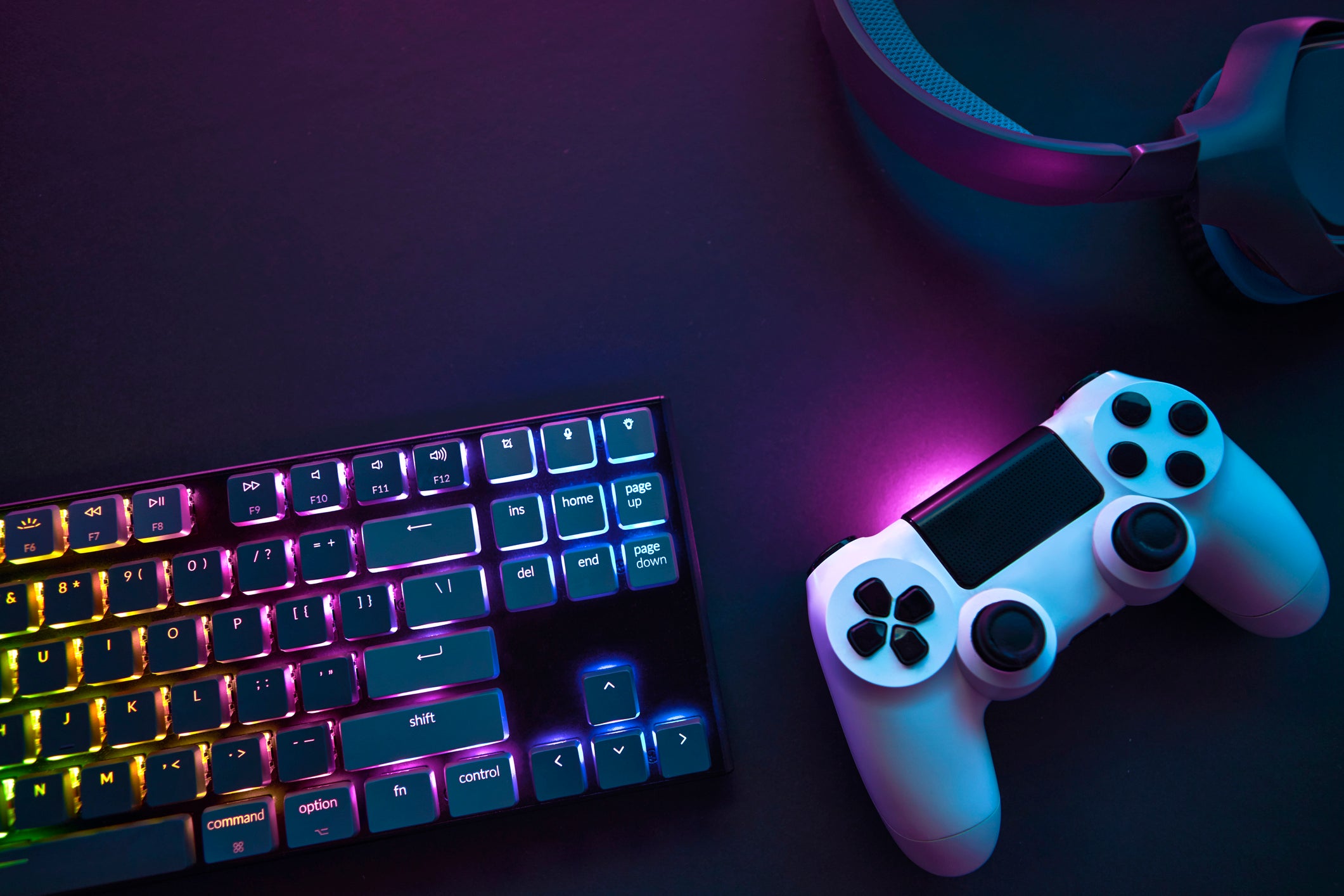The Independent's journalism is supported by our readers. When you purchase through links on our site, we may earn commission.
Video game makers aren’t catering for gamers with disabilities, study finds
A poll of 500 adults with physical and mental disabilities who play video games found 81 per cent have struggled to play their favourite games due to inaccessible game features

Video game makers aren’t doing enough to cater for gamers with disabilities, a study has revealed.
A poll of 500 adults with physical and mental disabilities who play video games found 81 per cent have struggled to play their favourite games due to inaccessible game features.
Specific problems include a lack of customisable control options (21 per cent), hard-to-read text (33 per cent), fast-paced gameplay (34 per cent), and flashing lighting effects (31 per cent).
As a result, 39 per cent have been forced to stop playing a game - or abandon it altogether.
The Samsung study also found 52 per cent would like to see more characters who represent their disability - and claim they would game more if this happened.
The research follows the launch of the brand’s ‘Embrace Your Game’ portal - a European-wide gaming training initiative featuring expert guides, training sessions, and video workshops for gamers of all abilities.
Steven Woodgate, chair of the True Ability Employee Resource Group at Samsung Electronics UK, said: “Gamers with disabilities not only make up a sizable portion of the player base.
“But they also provide valuable perspectives and experiences to the gaming community.
“While we’ve seen some strides in accessibility over recent years, this study reveals the pressing barriers still faced by many.
“We must prioritise an inclusive gaming landscape, ensuring every player, regardless of their disability, can enjoy and connect through these digital realms.
“The industry owes it to all its players to make games as accessible and representative as possible.”
Despite the challenges, 22 per cent of those polled feel empowered by gaming, while 40 per cent said the pastime gives them a sense of escape.
And 16 per cent said it provides them with a way to connect with other gamers with disabilities, with 28 per cent claiming video games are an ‘essential’ part of their routine.
Barriers for those polled include games which result in ‘cognitive overload’ through complex control configurations and hard to follow information or instructions (28 per cent).
While 24 per cent have experienced dexterity issues – such as controllers not being adequately designed for their ergonomic needs.
In response, gamers with disabilities revealed the features and accessibility options they’d like to see in future titles.
More accessory options for differently abled players (34 per cent) topped the list, closely followed by more online multiplayer options catering toward different disabilities (34 per cent).
The research carried out through OnePoll, also found 31 per cent would like to see improved guides and tutorials to help them learn gaming controls more easily.
And 31 per cent would also like a greater range of customisable controller options.
Robin Christopherson of charity, AbilityNet, which works towards making the digital world more accessible, said: “It should be no surprise to learn that disabled people enjoy gaming as much as anyone else.
“But this research demonstrates quite clearly the negative impact on people’s wellbeing when hardware or software isn’t accessible.
“It also underlines that games are a vital part of the fabric of many people’s lives, creating social networks and bringing enjoyment which should be open to everyone.”
Join our commenting forum
Join thought-provoking conversations, follow other Independent readers and see their replies
Comments


Bookmark popover
Removed from bookmarks